- Alberta's government has imposed a six-month moratorium on large wind and solar projects over concerns about rural and environmental issues.
- The decision has garnered support from local municipalities but criticism from environmental groups and industry stakeholders, highlighting inconsistencies with oil and gas regulation.
- The moratorium introduces uncertainty into a rapidly growing sector and may have lasting impacts on Alberta's leadership in Canada's renewable energy development.
In a decision that has drawn both praise and condemnation, Alberta’s United Conservative government is temporarily halting approvals of large renewable energy projects.
The decision comes in response to rural and environmental concerns, and the Alberta Utilities Commission has been tasked with instituting a six-month moratorium on approving all wind and solar power projects greater than one megawatt.
This action is expected to have wide-ranging implications for the province’s energy landscape.
A Renewable Energy Leader
Alberta has long been a forerunner in Canada’s renewable energy development. With favorable regulatory conditions and an abundance of wind and sunshine, 17% of the province’s power came from wind and solar in 2022, exceeding the 15% target.
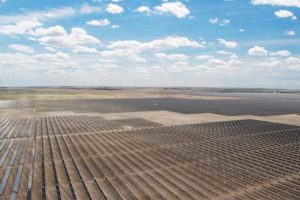
Travers Solar Project under construction. (Greengate)
An additional 15 renewable energy projects are currently pending approval, representing hundreds of millions of dollars in investment.
Before the moratorium, Alberta was projected to witness $3.7 billion worth of renewables construction by 2023, potentially creating over 4,500 jobs.
The explosive growth, however, raised questions about development on agricultural land, the effects on scenery, reclamation security, and system reliability.
In Favor of the Moratorium
Proponents of the moratorium, such as Paul McLaughlin of Rural Municipalities Alberta, welcome the decision.
They argue that local concerns must be considered in the approval process and see this as an opportunity to balance provincial and local perspectives.
Against the Moratorium
Environmental groups and industry stakeholders quickly condemned the move.
Organizations like the Canadian Climate Institute argue that the moratorium will disrupt the market, create uncertainty for businesses, and discourage investment at a critical juncture in the clean energy transition.
Critics like Allen Braude of Environmental Defence also emphasize that the decision is counterproductive to addressing the climate crisis.
The Irony of Inconsistency
Andrew Leach, an energy economist at the University of Alberta, noted an inconsistency in the government’s approach to renewable energy compared to the oil and gas industry.
He highlighted that while the government halted renewable energy over cleanup concerns, it faces billions of dollars in environmental liabilities from the oil and gas industry without a concrete cleanup plan.
An Uncertain Future
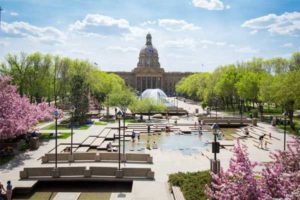
The parliamentary system in Alberta has three branches: the legislative, which makes the laws; the executive, which puts laws into force and administers legislation; and the judicial, which applies and interprets laws through the courts.
The decision to halt renewable energy approvals in Alberta for six months represents a critical moment in the province’s energy trajectory.
While the pause may allow time to address legitimate concerns, the abrupt shift also introduces uncertainty into a rapidly growing sector that has been instrumental in Alberta’s economic and environmental progress.
The situation brings to light the complex balance that must be maintained between economic growth, environmental stewardship, local interests, and the long-term sustainability of energy development.
The next six months will be crucial in determining whether Alberta can maintain its leadership in renewable energy while addressing the multifaceted concerns that have emerged.
With many stakeholders expressing diverse opinions on the moratorium, Alberta’s path forward will require thoughtful, nuanced leadership that can synthesize different perspectives into a coherent and responsible energy strategy.
The future of renewable energy in Alberta—and perhaps in Canada more broadly—is watching.



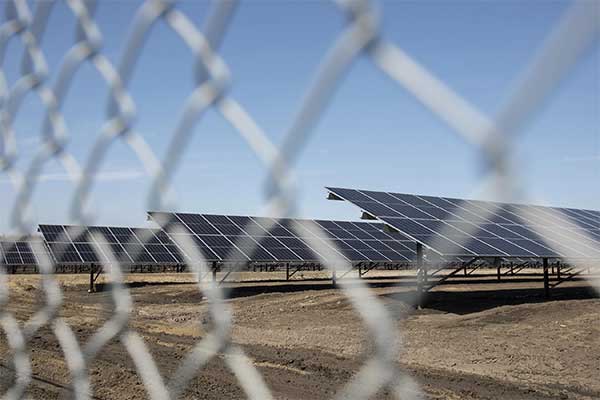


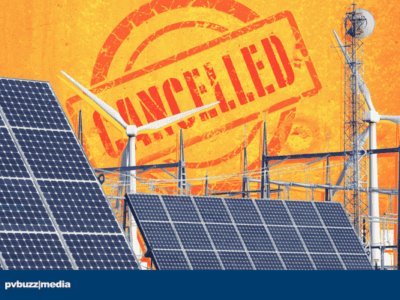
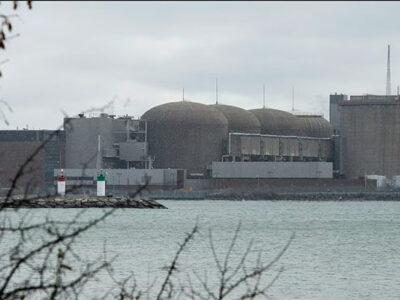

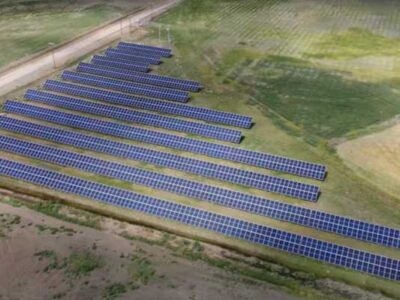



Comments